Intelligence Major General Pham Xuan An, real name Tran Van Trung (1927 - 2006). He was born in Bien Hoa, Dong Nai in a family of high-ranking officials.
In 1945, when the August Revolution succeeded, he dropped out of school and joined the Vanguard Youth organization, then attended a Viet Minh training course on propaganda work.
He was recruited by Dr. Pham Ngoc Thach to war zone D to work at the enemy's military headquarters in Saigon to grasp the strategic political , military, security, and economic intentions of the French colonialists. Tran Van Trung changed his name to Pham Xuan An.
In October 1957, in order to be able to travel to many places and approach the most powerful figures to collect intelligence quickly and accurately, Pham Xuan An was sent by the Party to the US to study journalism in California from 1957 to 1959.
Possessing a handsome and tall appearance, Pham Xuan An stood out when he was studying in the US at that time. In the program Nguoi Doi Thoi in 2002, he admitted that "back then I was very good at boxing". He told the story of awkwardly dancing, only knowing how to imitate or the strategy of "36 strategies, running is the best. I surrender", showing his cleverness and determination in avoiding emotional entanglements.
After returning home, he was invited to work as a reporter for Reuters (UK) and other American newspapers. Due to his extensive relationships with American military , intelligence, and information agencies, as well as high-ranking officials of the Presidential Palace, the National Police Department, the General Staff, etc., the politicians and generals of the Saigon regime highly respected him.
Under the cover of a reporter for the American weekly Time magazine and nominally a CIA agent, Pham Xuan An had access to many important sources of information from the American military, police and intelligence agencies. His strategic intelligence news and analysis were secretly sent to the Central Office for South Vietnam through the H63 network, then sent to the Politburo of the Party Central Committee in Hanoi. His intelligence news was strategic to the victory of the war against America.
In 1976, Pham Xuan An was awarded the title of Hero of the People's Armed Forces by the Vietnamese State. At this time, many people learned that he was a wartime intelligence officer.
On September 20, 2006, Major General of Intelligence Pham Xuan An passed away, mourned by all Vietnamese people and many international friends. He was 80 years old.
Colonel, Hero of the People's Armed Forces, intelligence officer Pham Ngoc Thao (1922 - 1965) was born in Long Xuyen, in a Catholic family, intellectual, one of the richest in the South, holding French nationality.
In September 1945, when the French colonialists returned to invade the South, Pham Ngoc Thao declared that he had revoked his French nationality and joined the resistance. After that, Pham Ngoc Thao was sent by the organization to the North to study and then returned to the South. He was the Commander of Battalion 410, then Deputy Commander of the Regiment, and later Chief of the Southern Secret Service.
Under the direction of his superiors, he had to infiltrate the high ranks of the Saigon government. As a high-ranking officer, he gradually built up trust in the ranks of Ngo Dinh Diem, and was appointed as the Governor of Kien Hoa Province (now Ben Tre) in 1958.
During his years as Kien Hoa province chief, he provided many documents related to the enemy's operations in the province and military zone, limiting damage. Here, Pham Ngoc Thao also released more than 2,000 political prisoners with the reason of implementing the President's pro-people policy, creating conditions for them to continue their revolutionary activities.
Pham Ngoc Thao was behind many political upheavals in the South in the early 1960s, contributing significantly to the coup that overthrew the Ngo Dinh Diem brothers on November 1, 1963.
In 1965, when being hunted by the enemy, Pham Ngoc Thao still did not abandon his mission, determined to stay in a place where he could be killed at any time. When he unfortunately fell into the enemy's hands, he was brutally tortured, but his iron will was not shaken.
Although he was tortured to death, they did not know that he was a strategic intelligence officer and a member of the Communist Party of Vietnam. Like many other loyal intelligence officers and soldiers, he accepted to silently sacrifice for the Fatherland. In 1995, martyr Pham Ngoc Thao was posthumously awarded the title of Hero of the People's Armed Forces for his outstanding achievements in the resistance war against the US to save the country.
Colonel Tu Cang was born in 1928, his real name is Nguyen Van Tau, from Ba Ria - Vung Tau. He worked as a military intelligence officer for the Viet Minh in Ba Ria - Vung Tau from 1947 to 1954.
In 1954, he gathered in the North, changed his name to Tran Van Quang and became the reconnaissance platoon leader and political commissar of the special forces company, Division 338. In 1961, he returned to work in the Southern battlefield. From 1962 to 1972, he was the head of the H.63 Intelligence Group. This was the most important strategic intelligence group in the resistance war against the US.
As a commander, he directed and coordinated with legendary spies such as Pham Xuan An and Tam Thao, carrying out important missions to collect information from the enemy, directly contributing to the strategic decisions of the Politburo, changing the situation on the battlefield.
Mr. Tu Cang's resume in the enemy's secret files was only a few lines: "Deputy Political Commissar of the Regional Intelligence, white, tall, two-handed shooter, fond of literature and art. Hometown: Unknown. Family: Unknown". He joined the revolution in 1947, when his wife was pregnant with their first child. Since then, he lost contact with his family for nearly 30 years. On the evening of April 30, 1975, when Saigon had just been liberated, he returned to reunite with his family.
After the country's reunification, he continued to contribute to the protection of the northern border and to international duties in Cambodia. Mr. Tu Cang retired in 1980 and was ranked as a 2/4 disabled soldier. He was awarded the title of Hero of the People's Armed Forces in 2006.
As of this year (2025), Mr. Tu Cang is 97 years old. His wife passed away in 2020 due to old age and poor health.
TB (according to VTC)
Source: https://baohaiduong.vn/anh-thoi-tre-dep-nhu-tai-tu-cua-cac-huyen-thoai-tinh-bao-viet-nam-411523.html


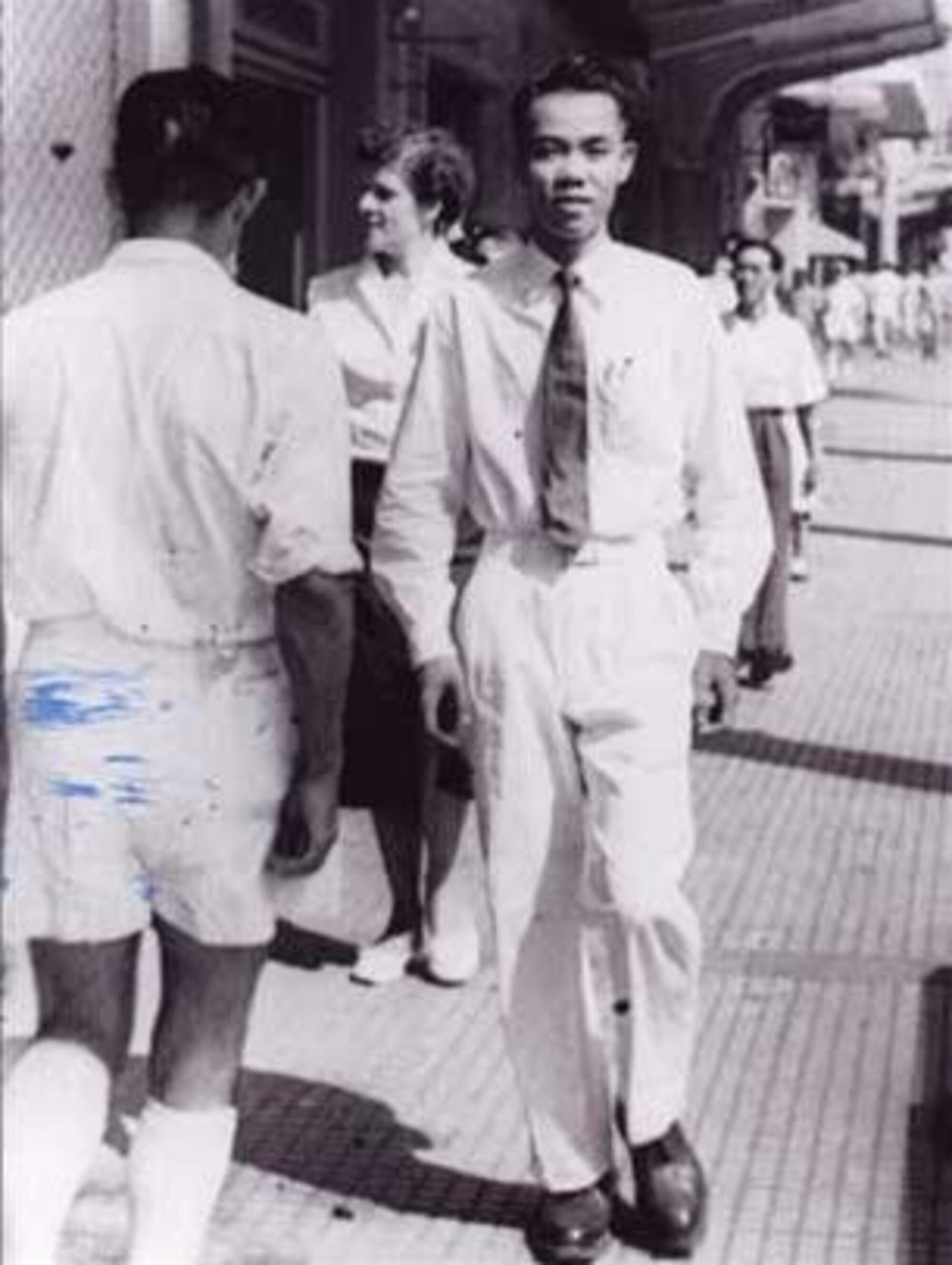
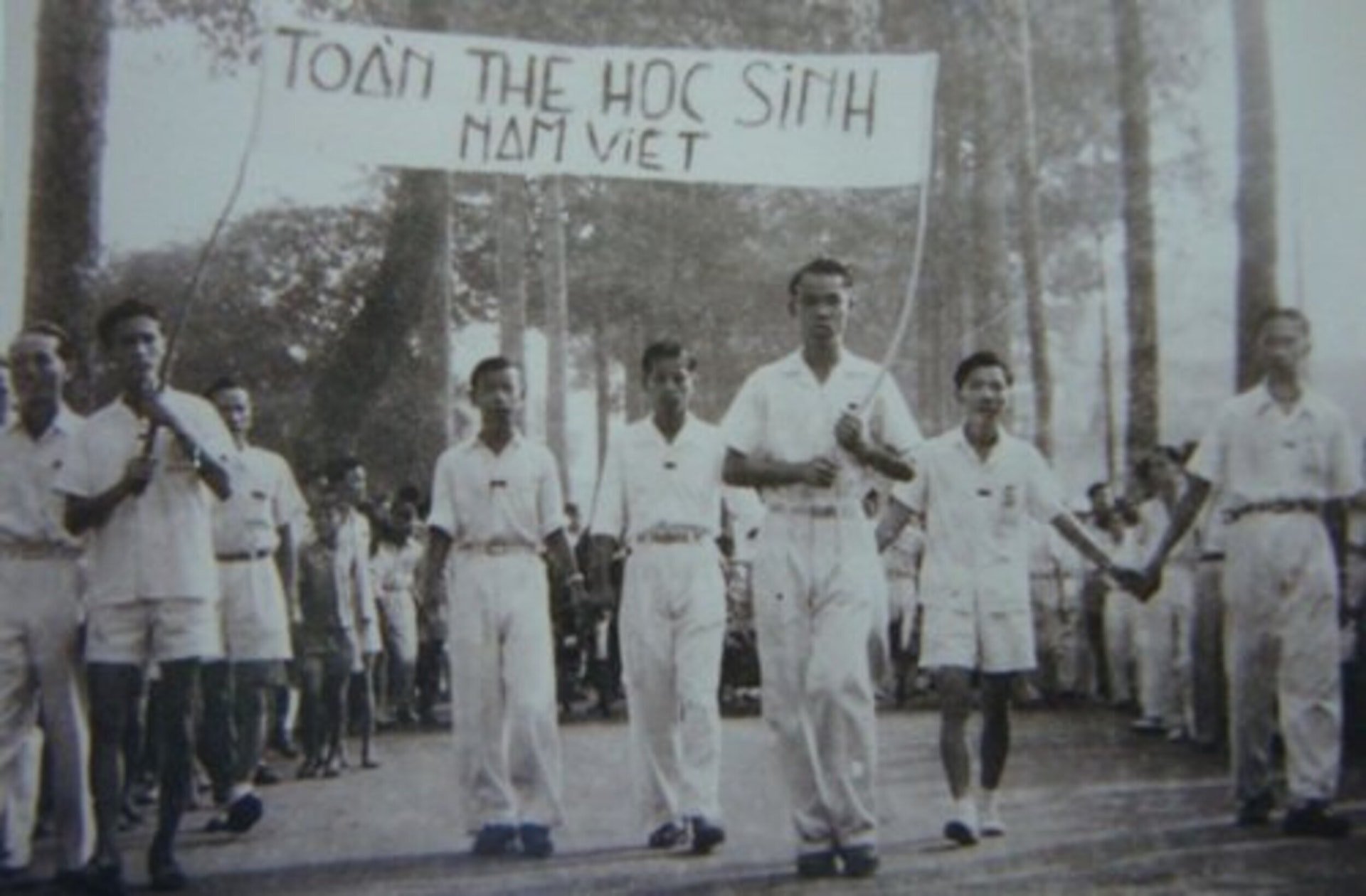
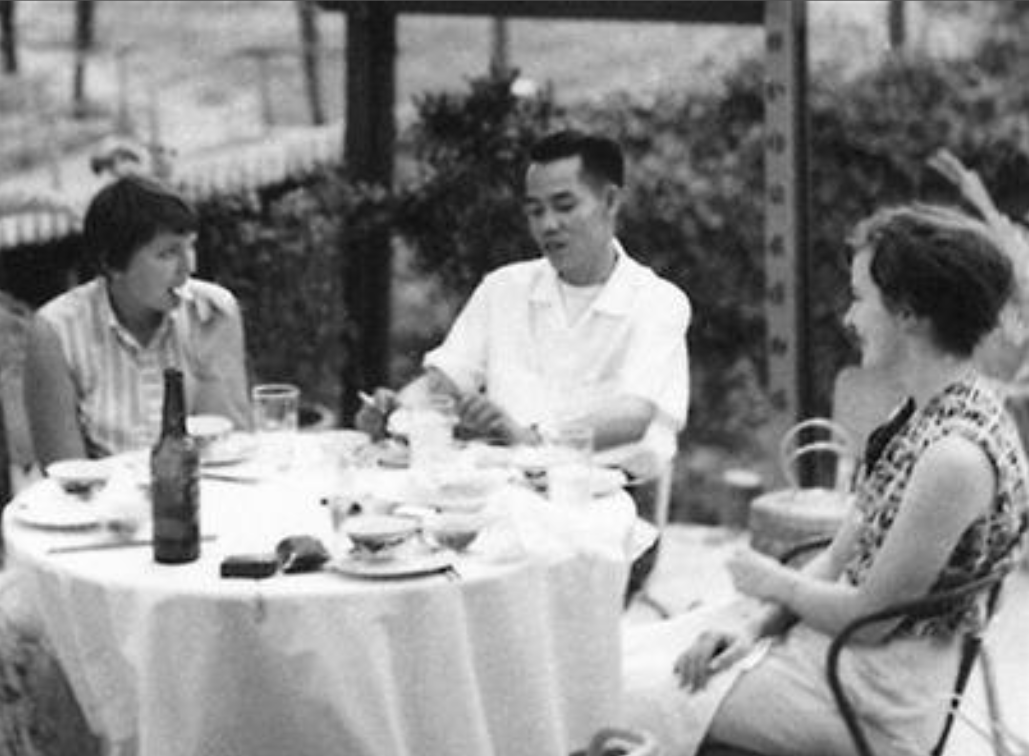
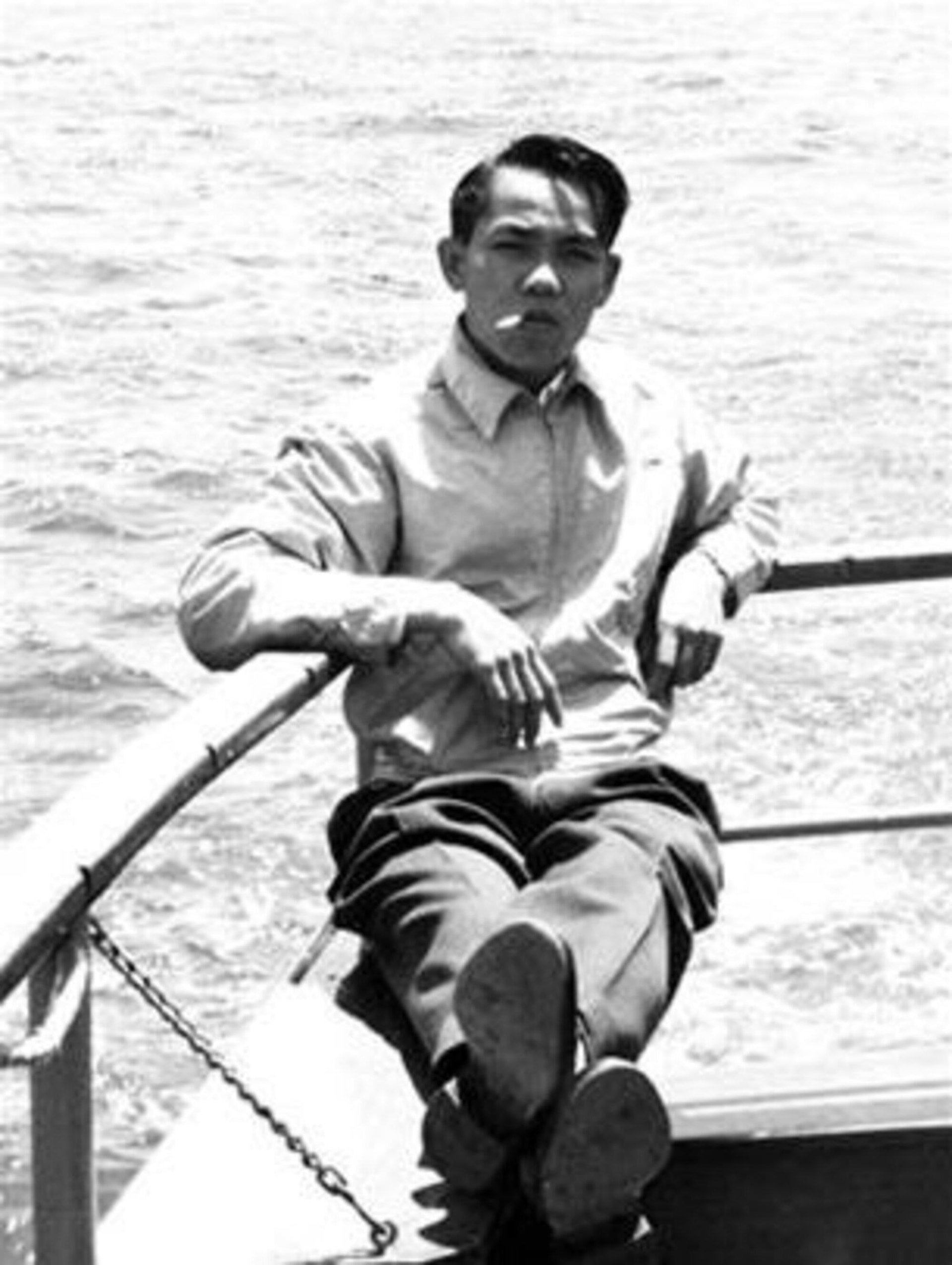
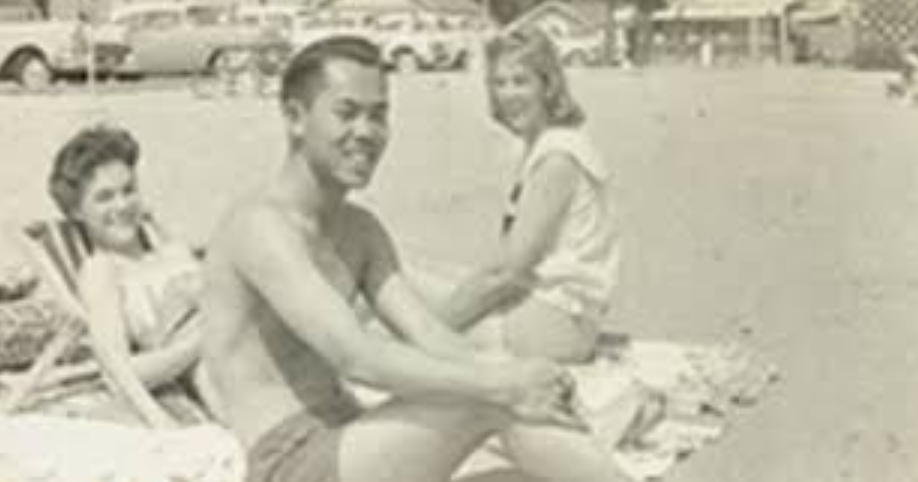
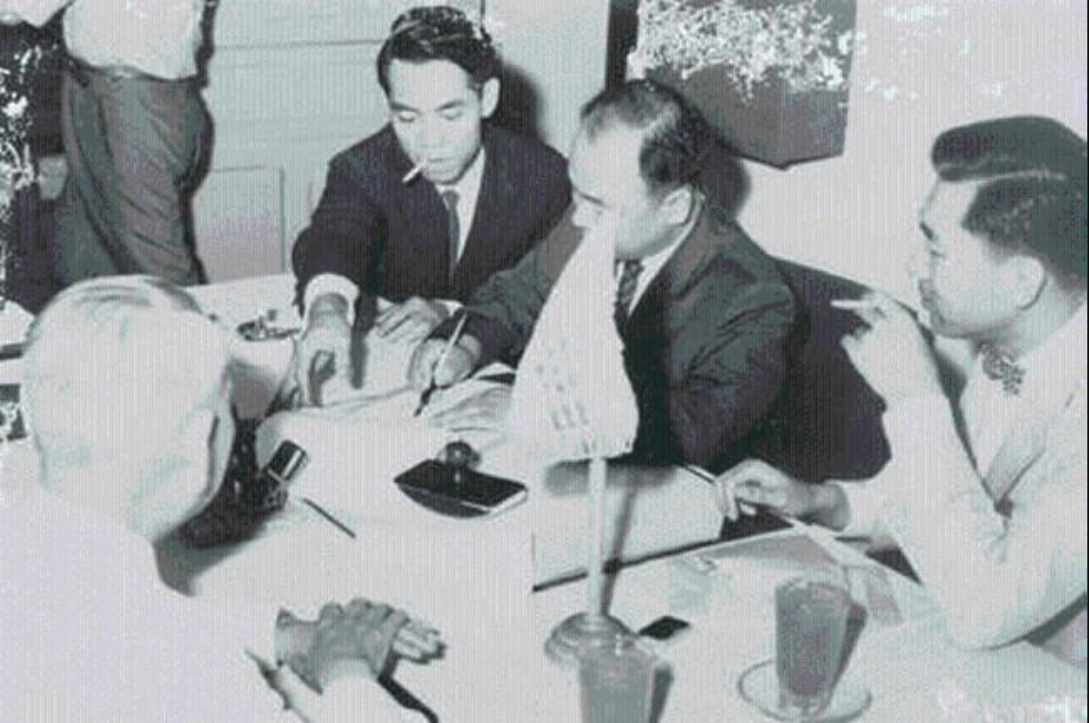
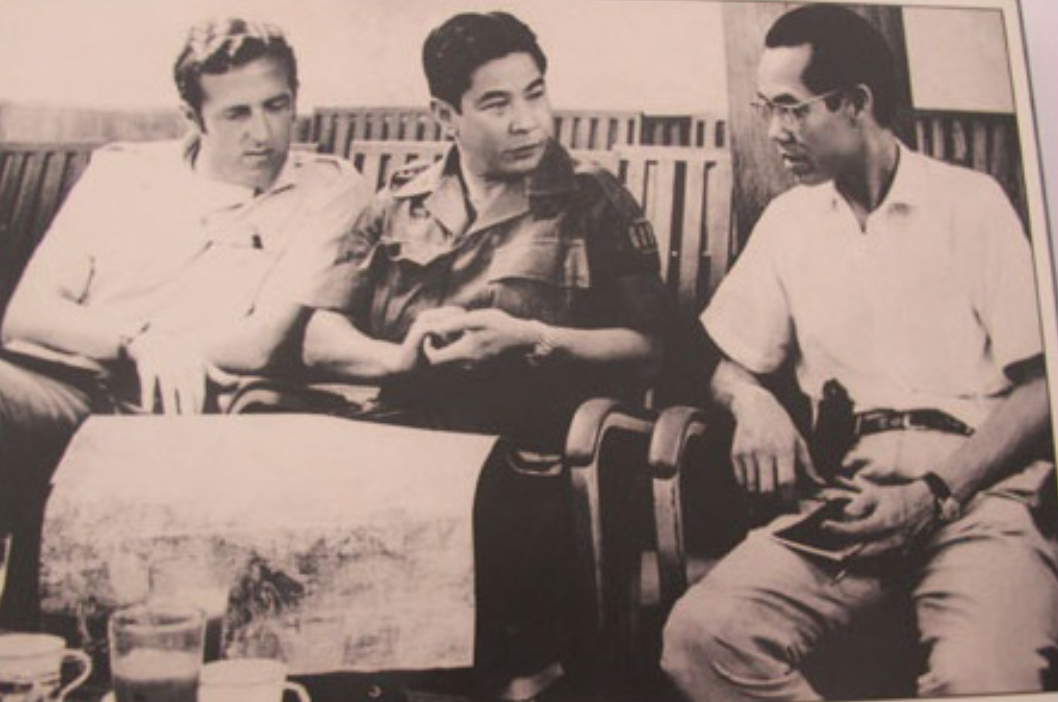
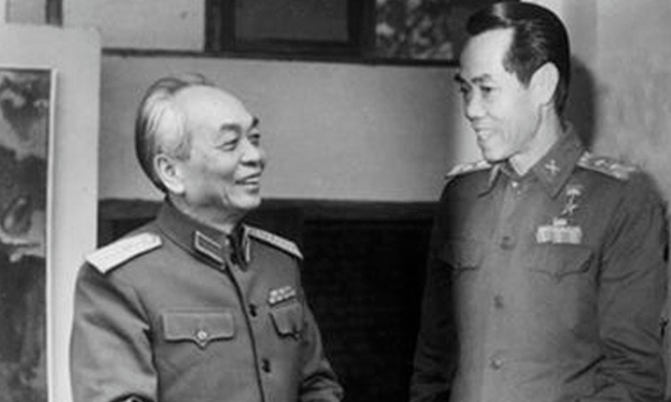
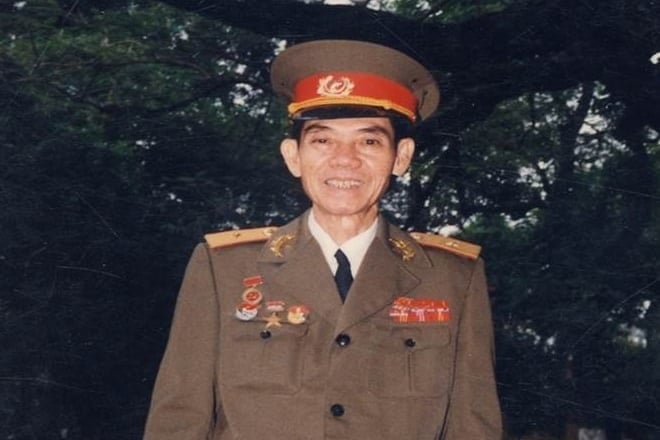
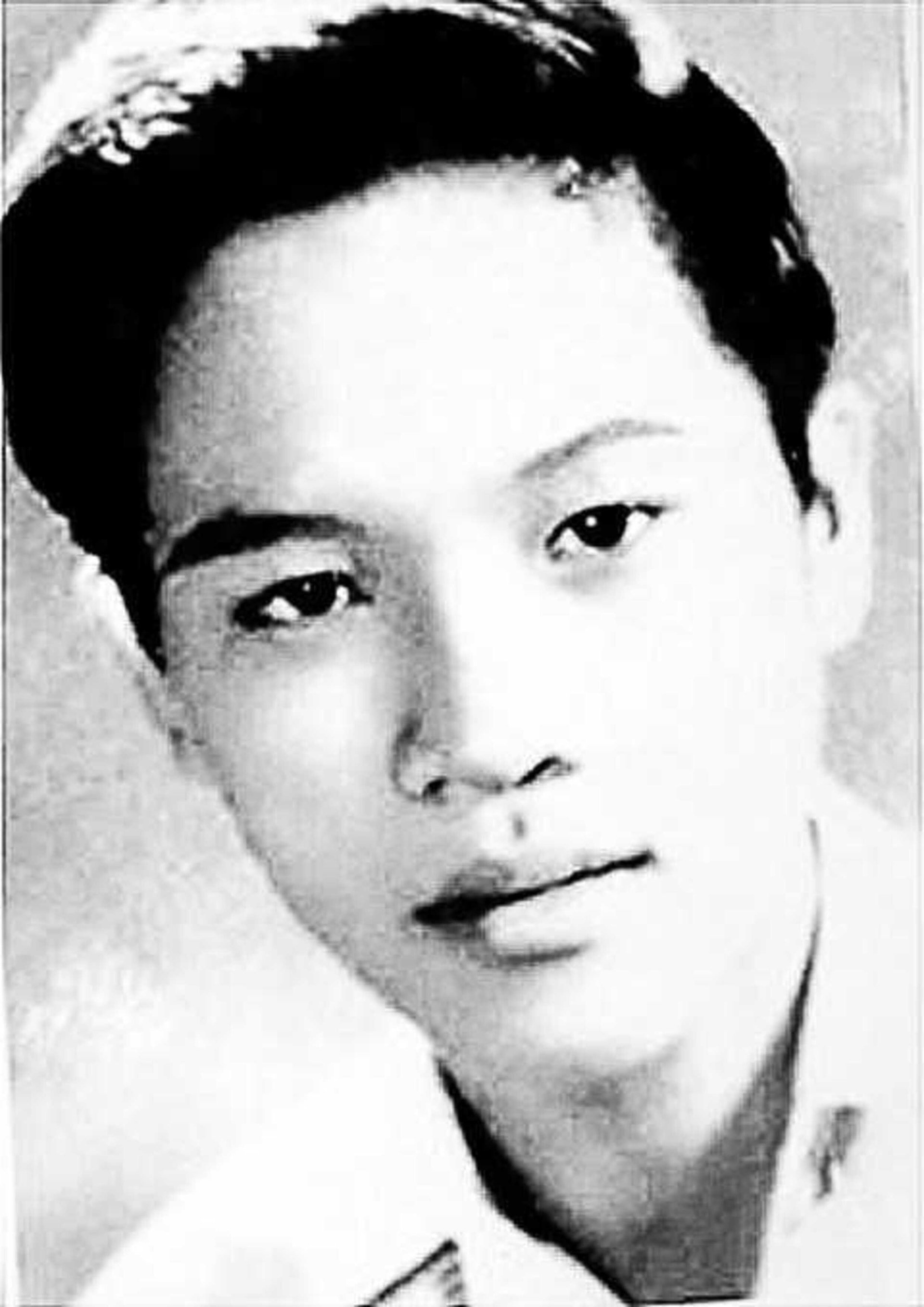
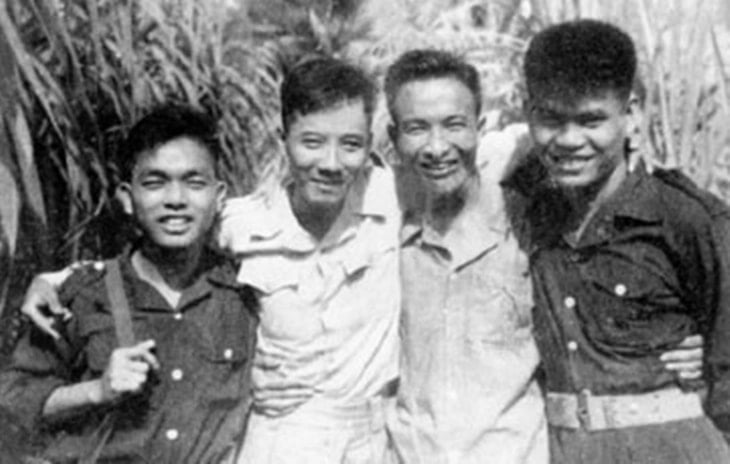
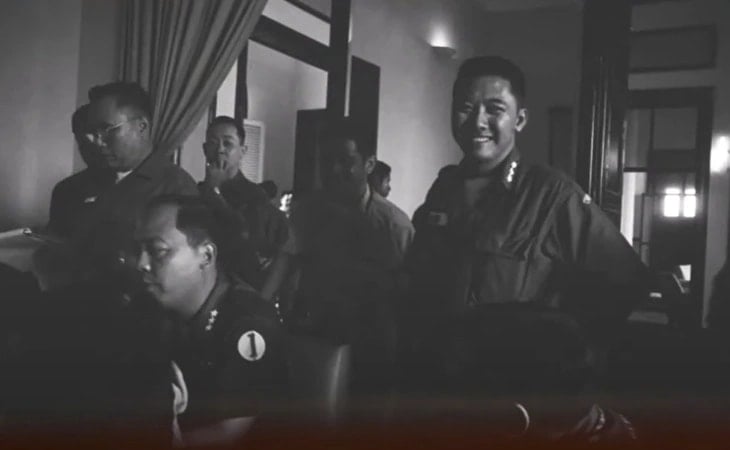
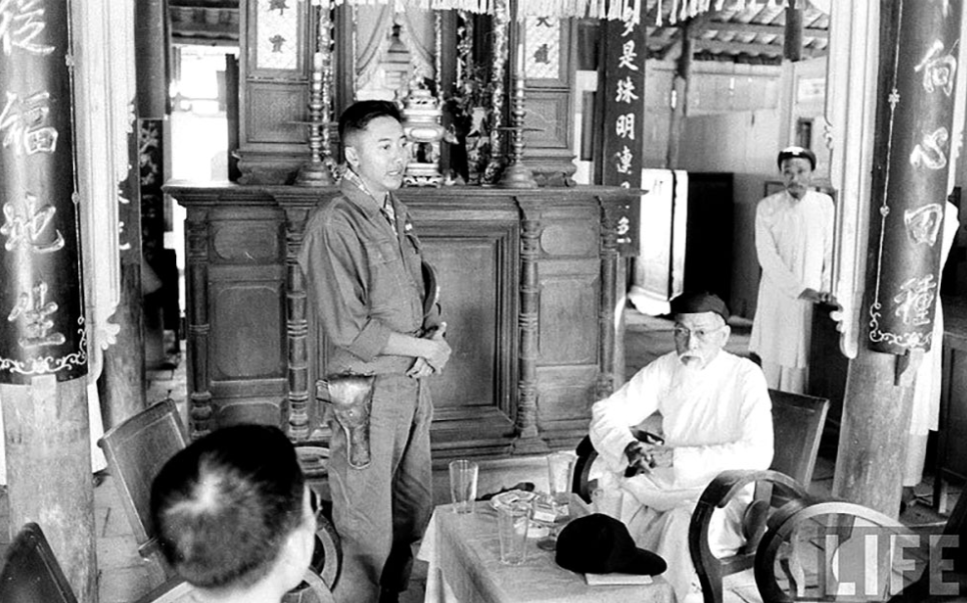
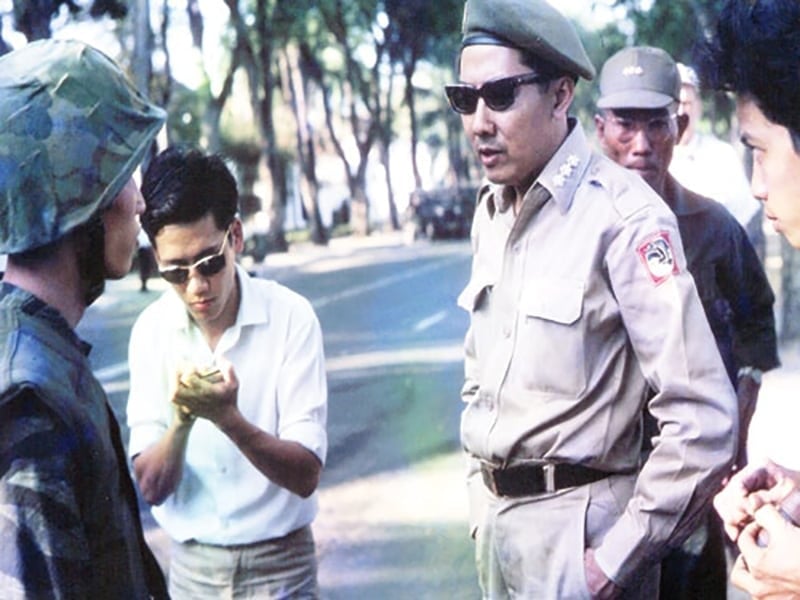
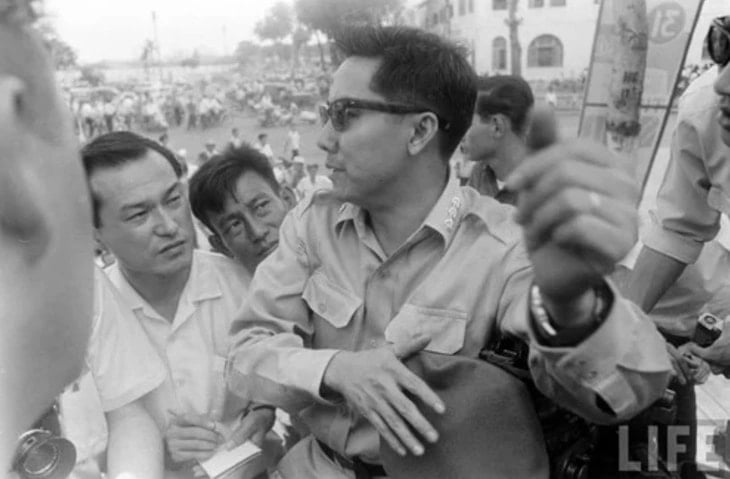
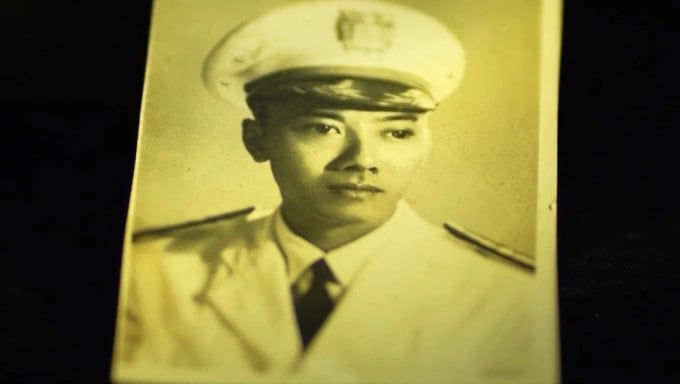
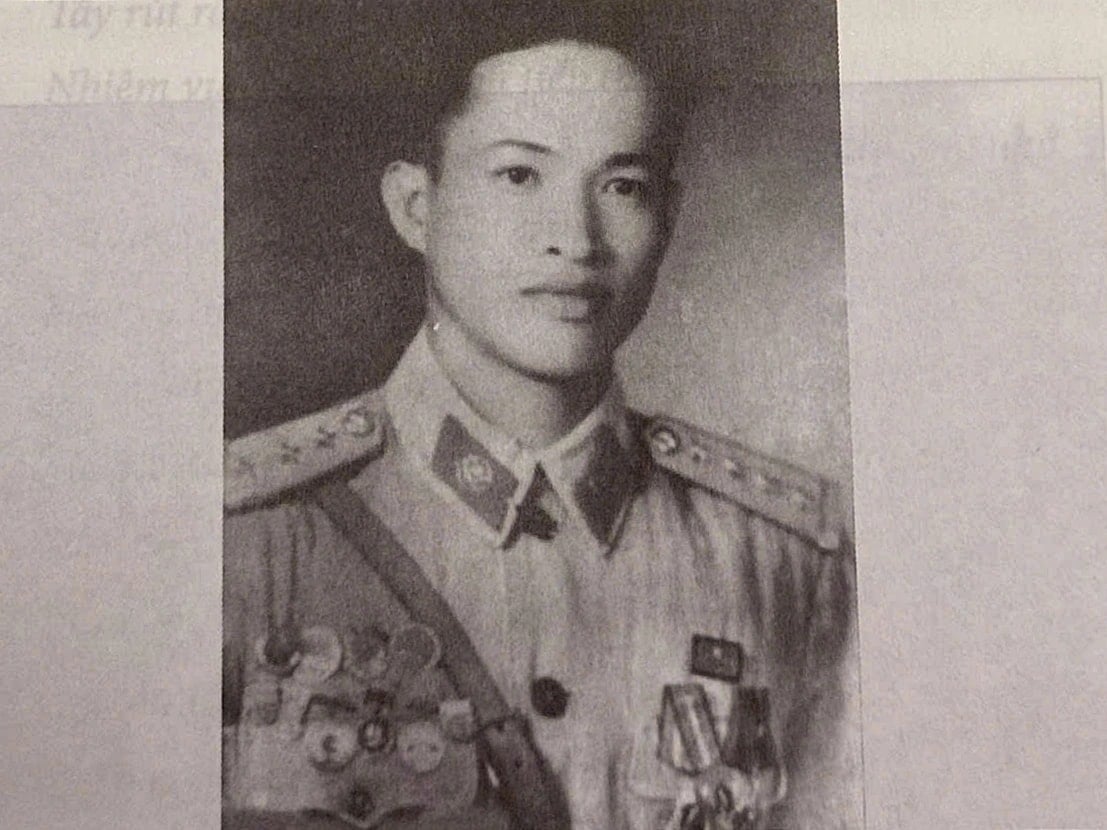
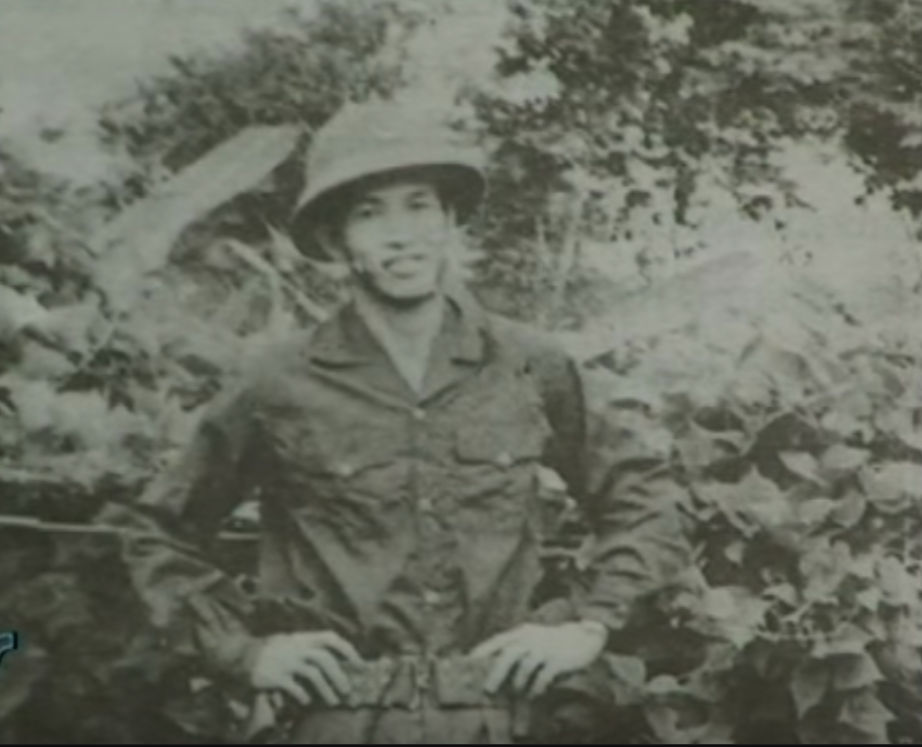
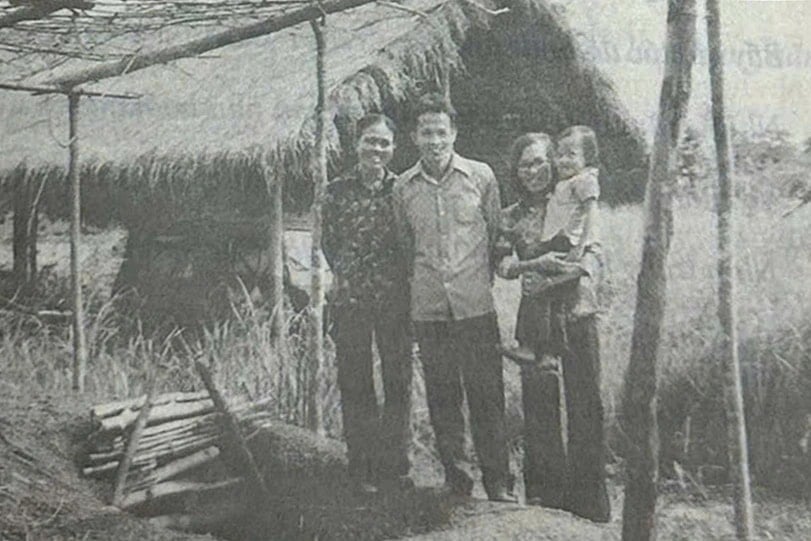
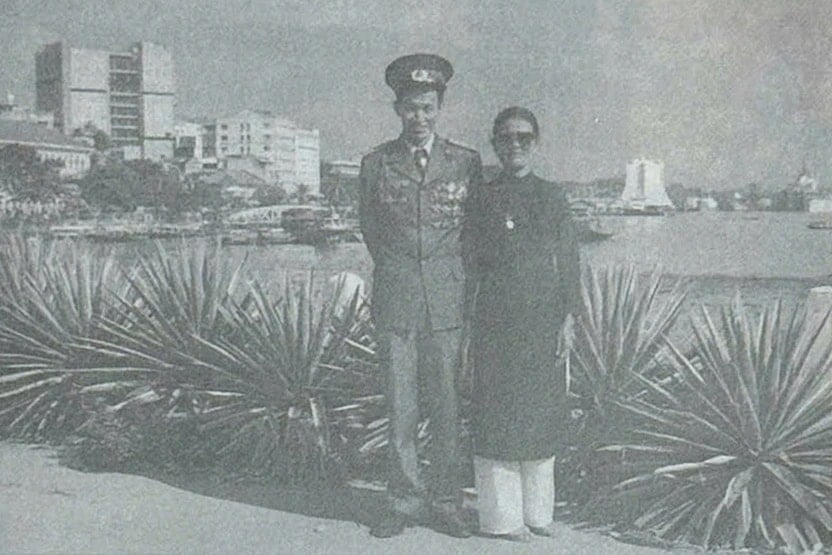
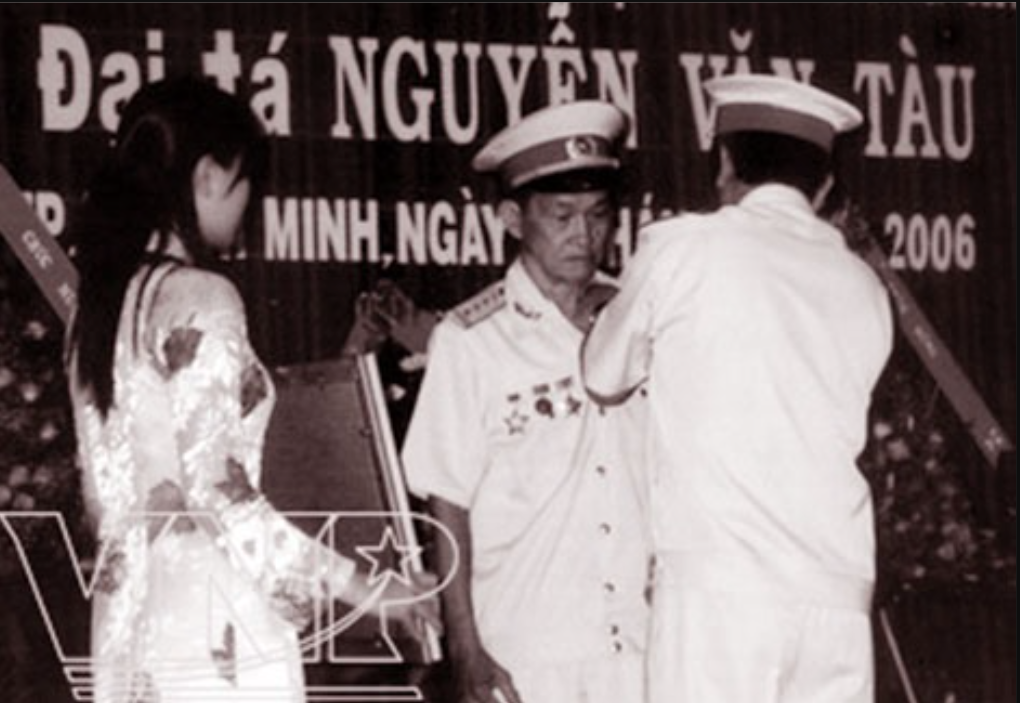
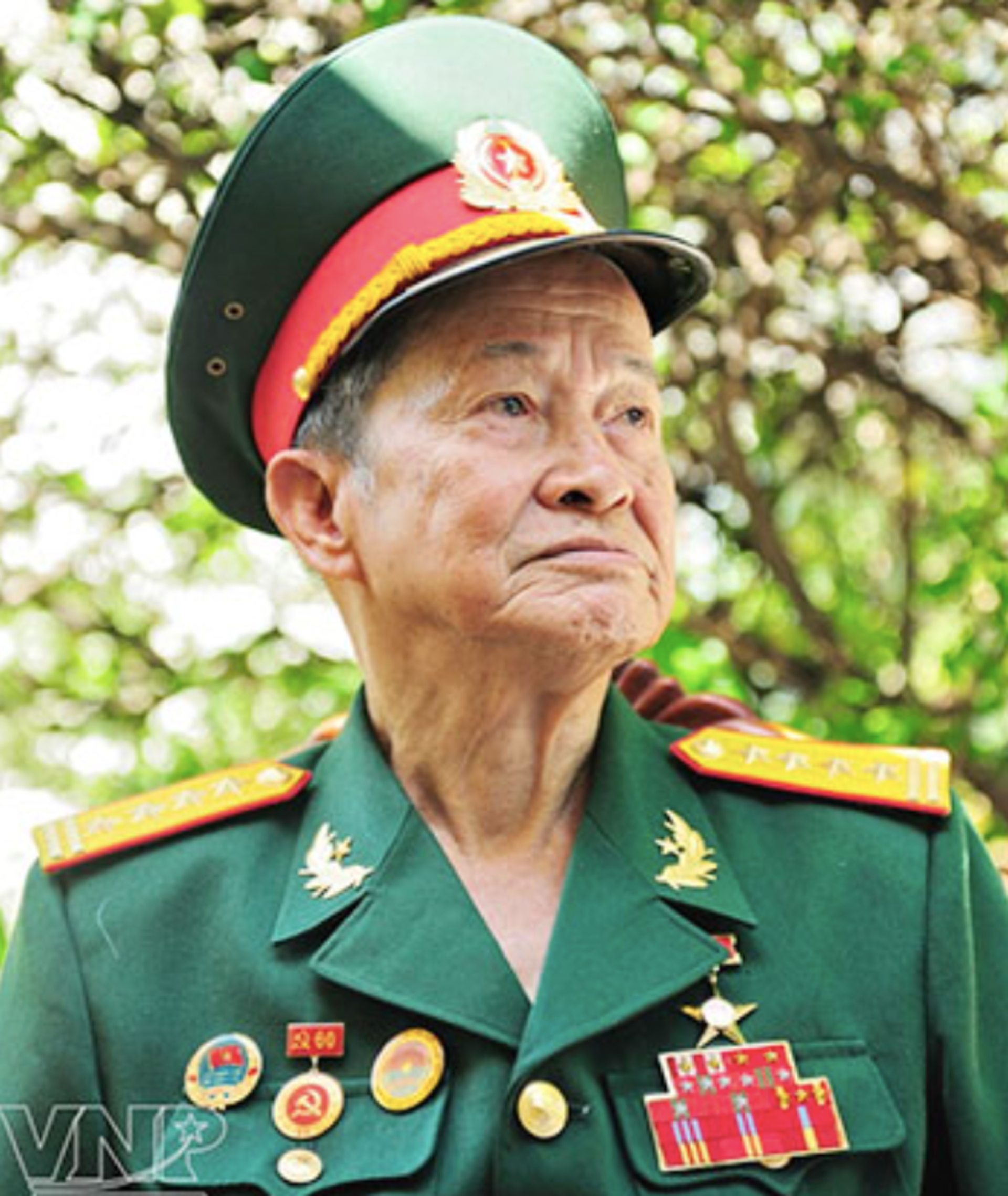
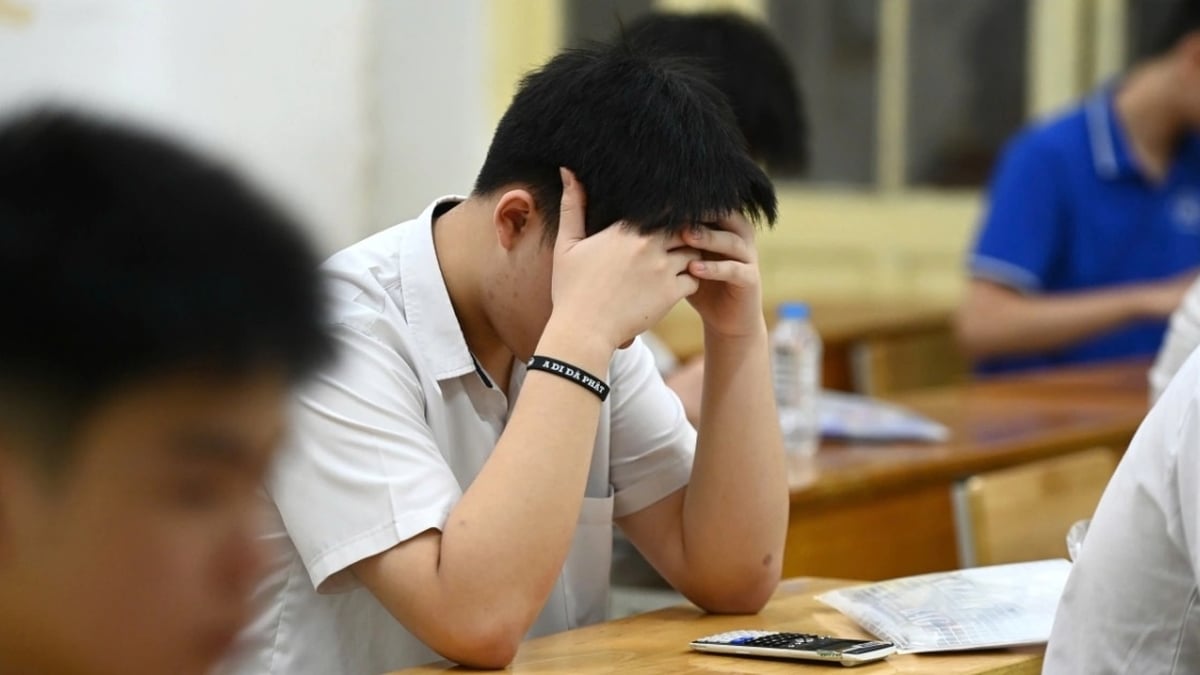


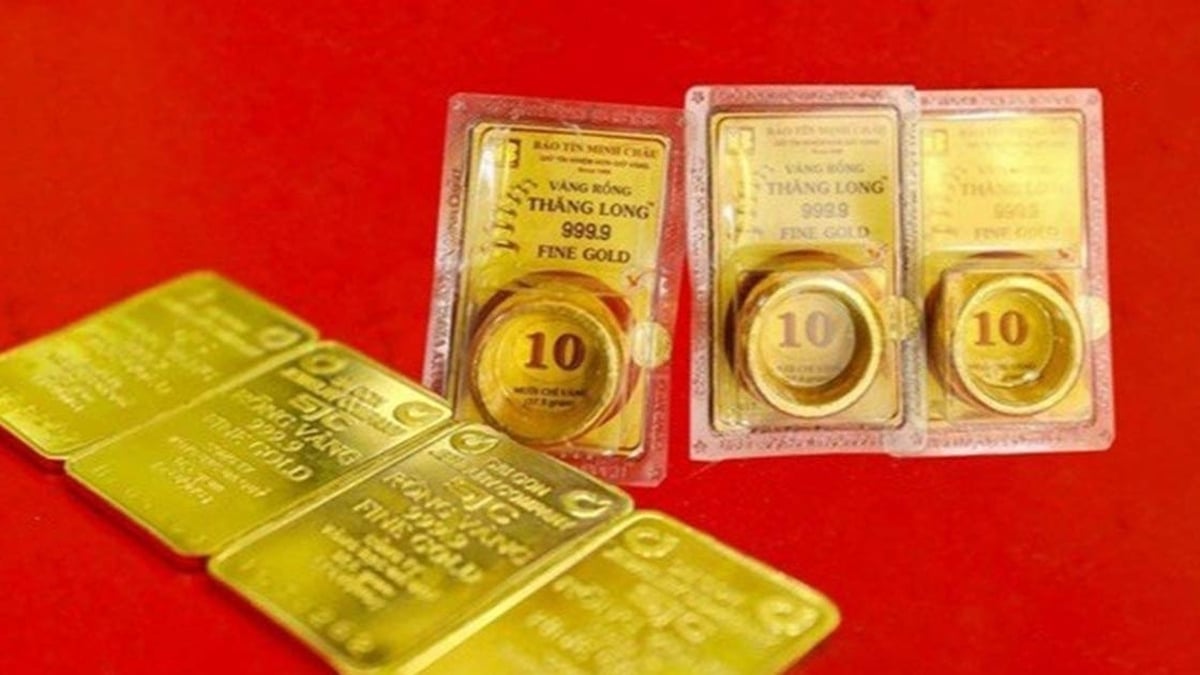
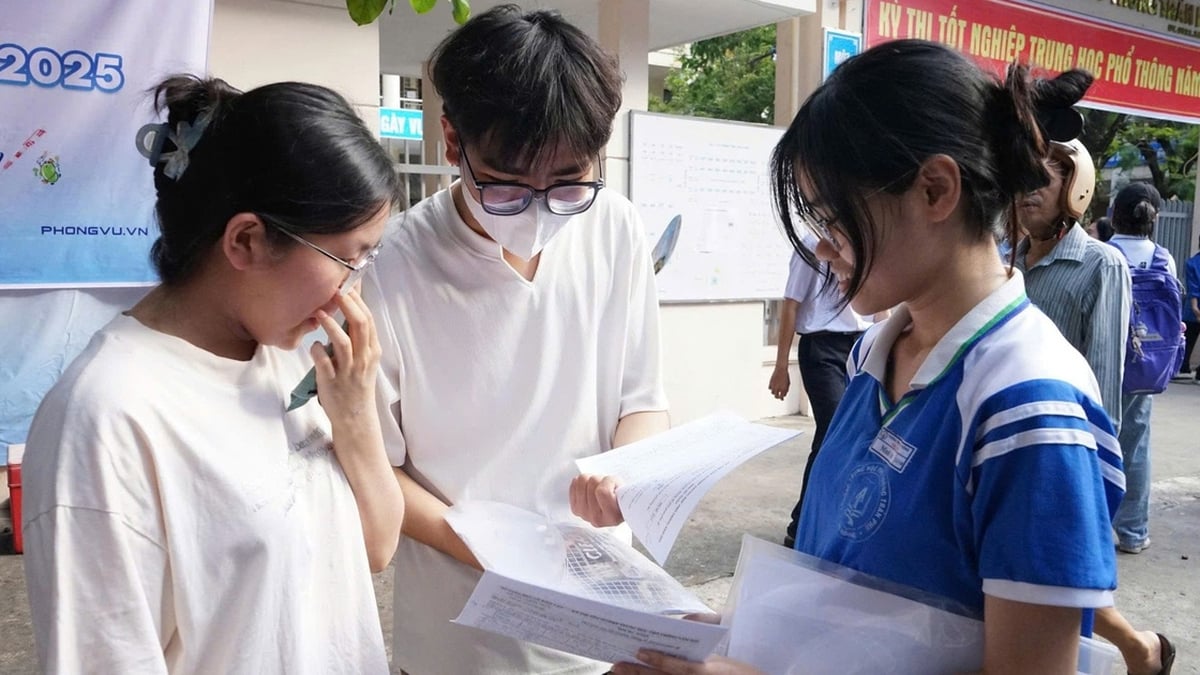

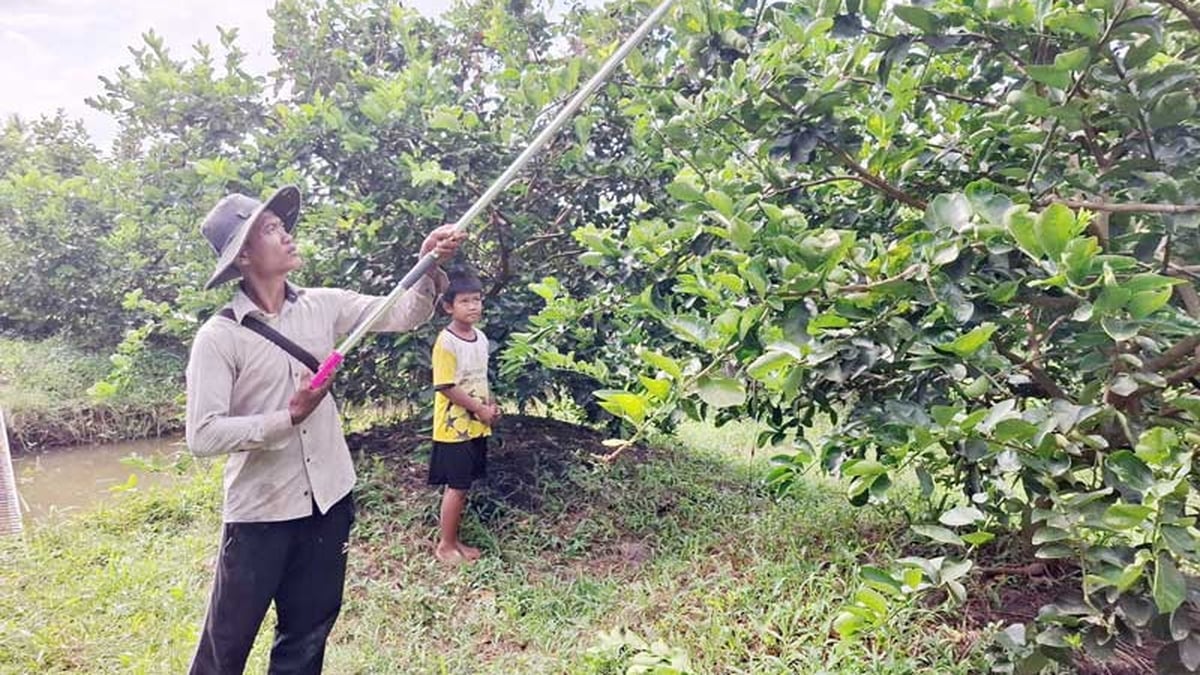
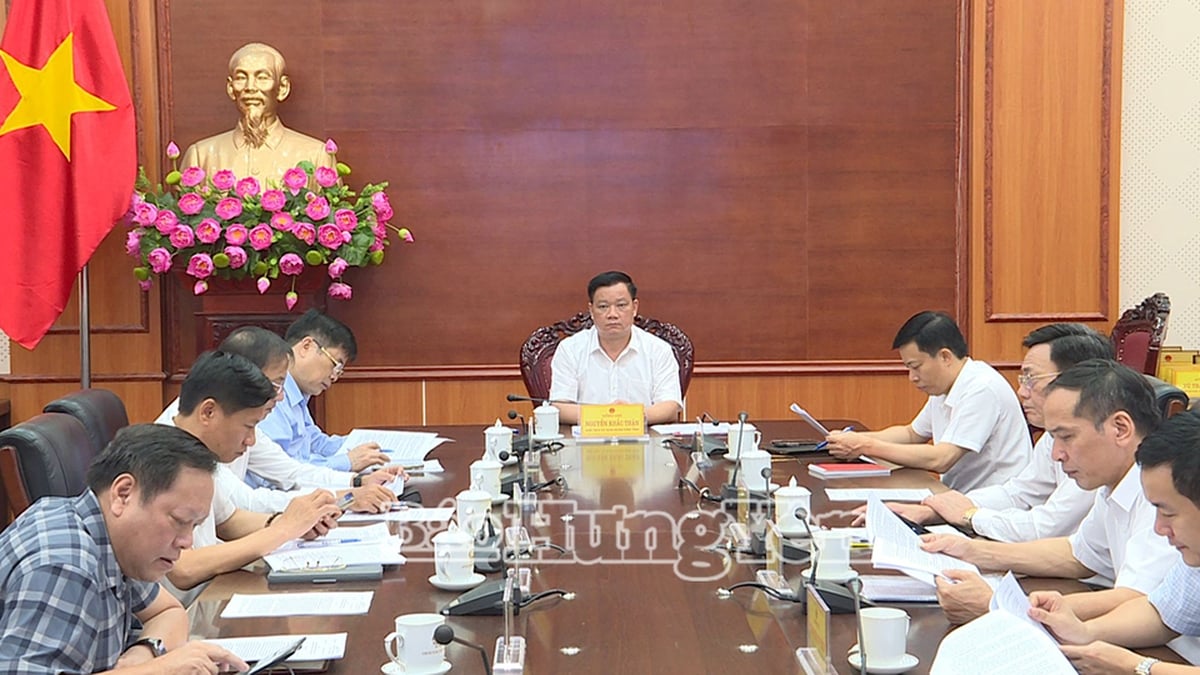
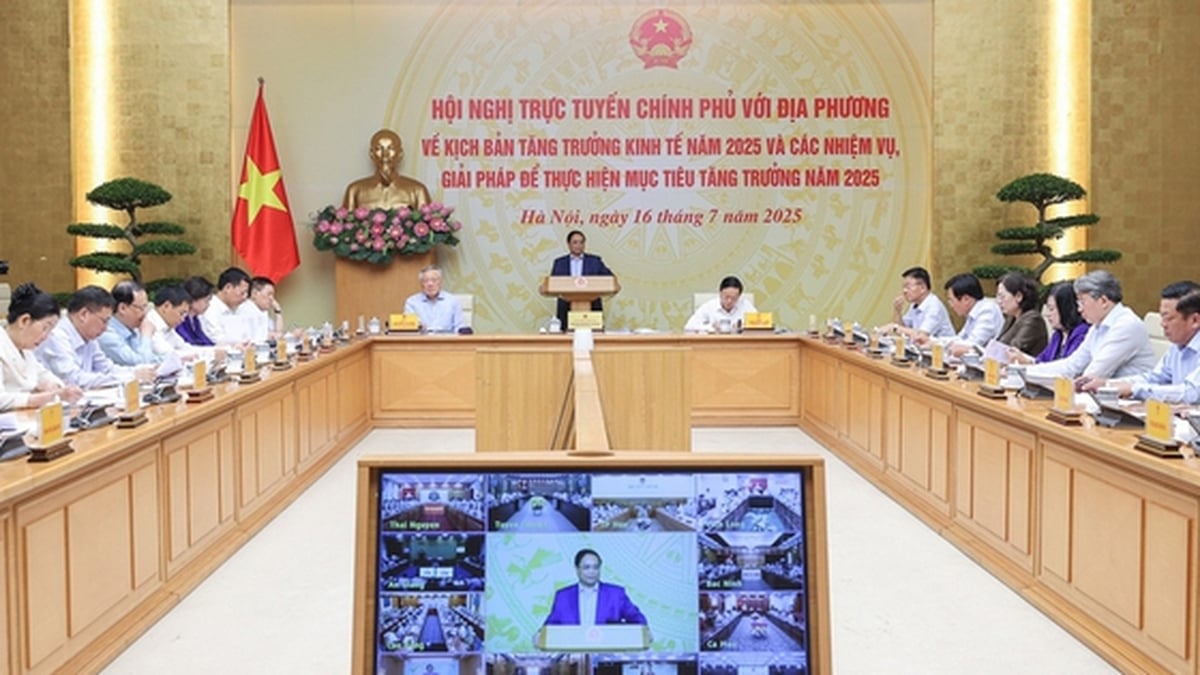







































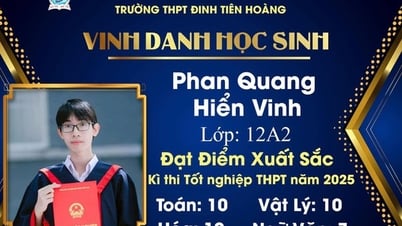








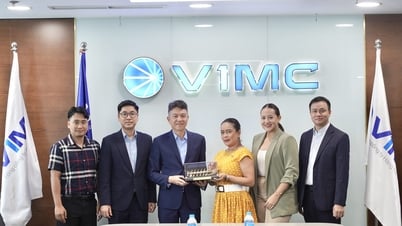


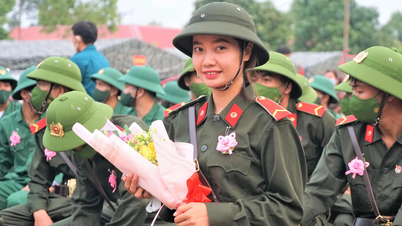

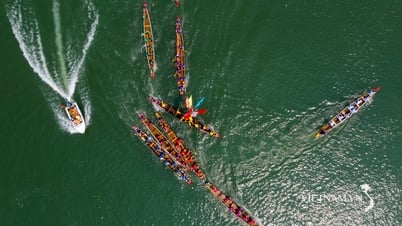





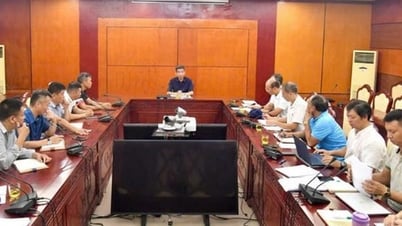
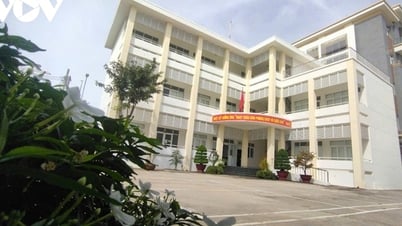
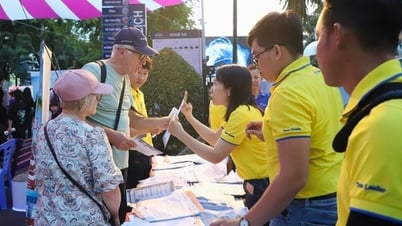
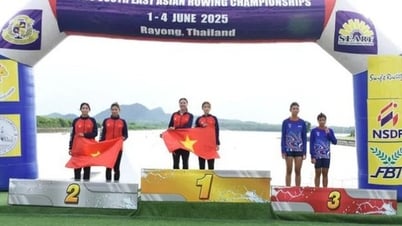





















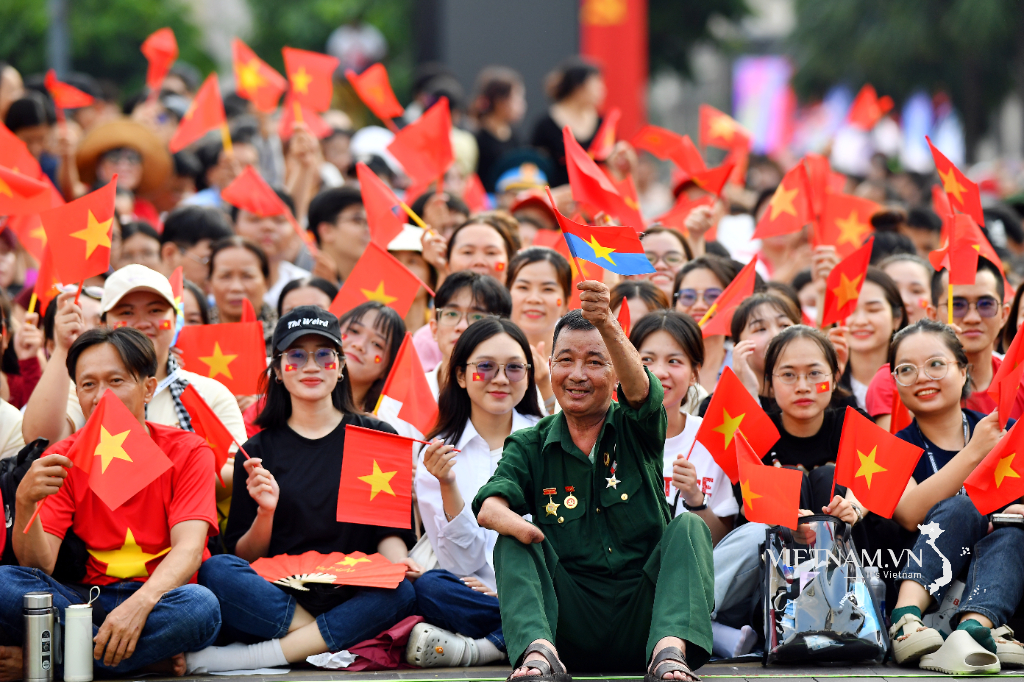
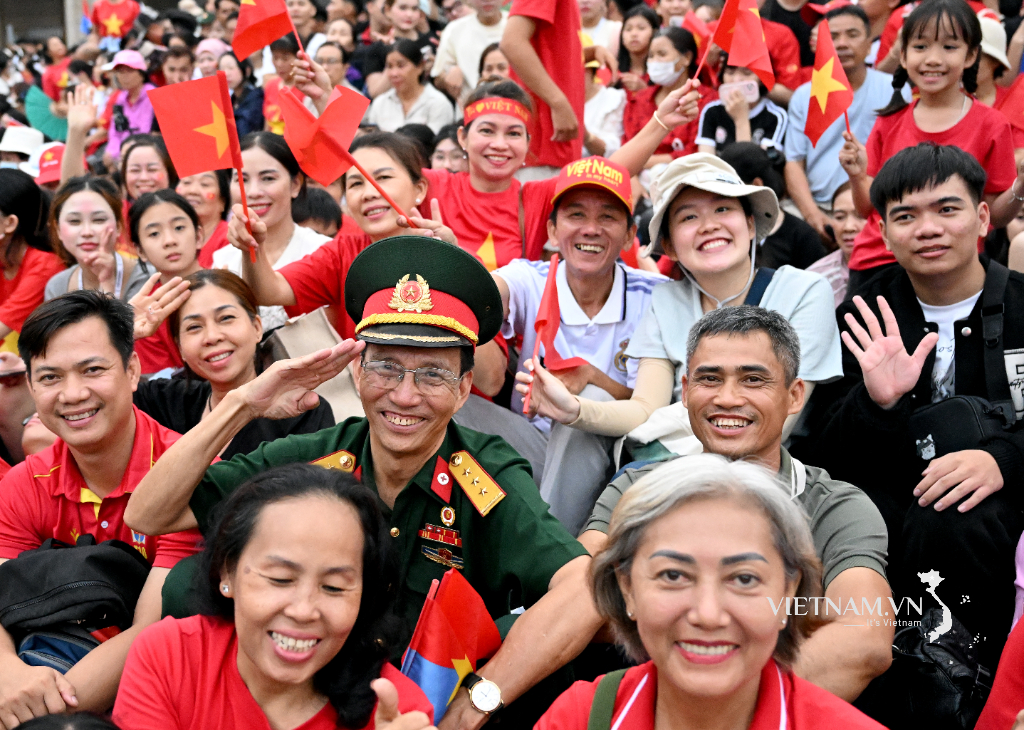
Comment (0)